About ACCADA Ashland County Council on Alcoholism and Drug Abuse
ACCADA, the Ashland County Council on Alcoholism and Drug Abuse, is an outpatient facility which aims at helping individuals with substance use and mental health problems. Based in Ashland, Ohio, the center employs evidence based treatments, trauma informed care and community integration to create a strong recovery process. They have served the community since 1976.
Trauma-Informed Support for Healing
ACCADA has adopted the C.A.R.E. model which incorporates trauma informed care to help address the effects of traumatic experiences on mental health and addiction. Some of the therapies used include motivational interviewing and trauma counseling to help build the patient’s self-esteem, manage their anxiety and deal with substance use problems. Dual diagnosis treatment is another form of assistance that provides integrated care for people with both mental health and substance abuse disorders.
Outpatient services and telehealth are offered at the center, enabling clients to receive treatment while continuing with their normal daily routines. They also have services for individuals with legal issues, including DUI/DWI. ACCADA works to create an environment where people are understood and accepted in order to help them grow and recover.
A Legacy of Education and Prevention
ACCADA’s prevention initiatives show the organization’s recognition of the need to target substance use before it develops into a disorder. Children’s programs such as “Too Good for Drugs” teach children using pictures and stories to help them make the right choices regarding drugs and alcohol. ACCADA’s work with schools and families provides early intervention to help young people avoid addiction.
Addiction Treatment Programs
Alcohol Rehab
The goal of an alcohol rehab in Ohio is to give you the tools and skills you need to achieve long-term recovery. The rehab program may use multiple approaches, including nutrition, psychology, holistic methods, and support groups. These tools help you build a substance-free lifestyle and move into long-term recovery.
Opioid Addiction
In Ohio, rehab provides a combination of therapy and education to help clients overcome opioid addiction. Opioid treatment programs address the mental, emotional, and relational issues that may contribute to addiction. You’ll learn to build a new support network that supports your long-term sobriety.
Drug Rehab
Drug rehab in Ohio helps clients find the motivation to make a change and gives them the tools to achieve long-term sobriety. Whether you need detox, inpatient treatment, or outpatient care, a drug treatment program will help you build a new lifestyle based on healthy coping mechanisms, better relationships, and a new way of thinking about life.
Young Adult Rehab
Young people need unique support, and a young adult rehab in Ohio can help them learn new life skills while overcoming addiction. In addition to typical detox, inpatient treatment, and outpatient care, a young adult program may also teach clients about living independently, budgeting, having healthy relationships, parenting, and more.
Adult Program
An adult program in Ohio addresses the recovery needs of clients in this life stage and gives them the tools they need to succeed. In addition to typical detox, inpatient treatment, and outpatient care, an adult program may also teach clients about building a career, saving for retirement, parenting, and more.
Men's Rehab
Men’s rehab programs in Ohio address the unique needs of men in a safe, gender-specific environment. In addition to typical detox, inpatient treatment, and outpatient care, a men’s program may also teach clients about having healthy relationships, fatherhood, building a career, and more.
Women's Rehab
A women’s rehab in Ohio addresses the unique needs women have and allows them to build relationships in a gender-specific environment. In addition to typical detox, inpatient treatment, and outpatient care, a women’s program may also teach clients about motherhood, building a career, being safe in relationships, and more.
Insurance Coverage
Medicaid
There are many ways to pay for rehab in Ohio. If you qualify, one option is Medicaid. Using Medicaid can allow you to access treatment without paying much, if anything, out of pocket. Be sure to find a center that acccepts Medicaid and has the level of care you need.
Private insurance
In Ohio, private insurance is one of your options when it comes to paying for rehab. Insurance plans vary, so it’s important to contact the insurer for details. The best way to keep costs down is to choose a treatment center in your plan’s network.
Self-pay options
Using self-pay for rehab gives you maximum flexibility in choosing your treatment center. You can write a check, use a medical loan, or electronically send money to the center. The fee structure may vary depending on the level of care.
Financial aid
If you qualify, financial aid programs can be a good way to pay for substance use treatment in Ohio. Financial aid directly from the treatment center is one option, or you might be able to find grants or scholarships from community groups or local non-profits.
Financing available
When they are available, using financing options to pay for treatment in Ohio can make rehab more accessible. Choosing to finance detox, inpatient treatment, or outpatient care can allow you to get the help you need without having the pay the full amount up front. Ask about payment plans, scholarships, grants, or even medical loans.
Sliding scale payment assistance
A sliding scale payment plan can help make the costs of rehab in Ohio more affordable. By providing information about your income and family size, you can qualify for a lower fee for detox, inpatient treatment, outpatient care, and more.
Military insurance
One option for paying for rehab in Ohio is using military insurance. Your insurance plan can cover some or all of the cost of treatment. You’ll need to contact your insurer to find out what centers are in-network with your plan and what out-of-pocket costs you may be responsible for.
Levels of Care
- 1
Outpatient Rehab
If you want to attend school or work during rehab, consider outpatient treatment in Ohio. You’ll live independently except when you’re attending rehab. Outpatient treatment is less intensive than inpatient care and may include both counseling and attendance at a 12-step or other recovery support group.
Therapies
Family Therapy
Overcoming substance use is easier if you have support from your loved ones. During family therapy in Ohio, you can address challenging relationships and family conflicts to restore peace and make recovery easier. Family therapy is a normal part of evidence-based treatment programs and may be a part of inpatient treatment, outpatient care, or both. Topics include addressing past events, overcoming codependence and enablement, and building healthy, supportive relationships with each other.
Group Therapy
Overcoming substance use is easier if you’re not alone. During group therapy in Ohio, you’ll hear others’ perspectives and get the support you need. Group therapy can be part of detox, inpatient treatment, and outpatient care. It’s generally combined with individual counseling, activities, life-skills classes, and relapse prevention planning.
Individual Therapy
Individual therapy in Ohio helps clients overcome substance use by providing individualized, confidential support. A professional therapist can help you identify substance use triggers, reshape your thinking about specific topics, and address prior experiences and trauma that impact your substance use habits.
Location
Contact ACCADA Ashland County Council on Alcoholism and Drug Abuse
Top Drug Rehab Centers in Ohio
-
 Ohio
OhioBrightview Dayton Addiction Treatment Center
8120 Garnet Drive Dayton, Ohio 45458
-
 Ohio
OhioArrow Passage Recovery
721 Lincoln Way E Massillon, Ohio 44646
-
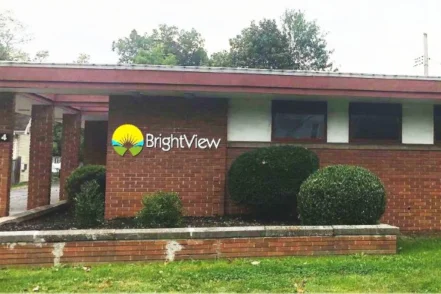 Ohio
OhioBrightview Warren Addiction Treatment Center
1924 E Market Street Warren, Ohio 44483
-
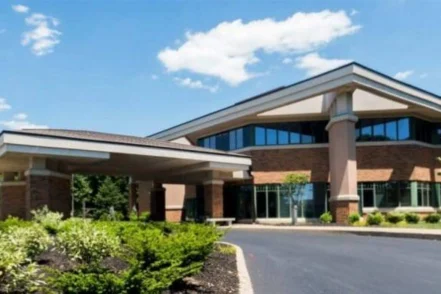 Ohio
OhioThe Recovery Village Columbus Drug and Alcohol Rehab
3964 Hamilton Square Boulevard Groveport, Ohio 43125
-
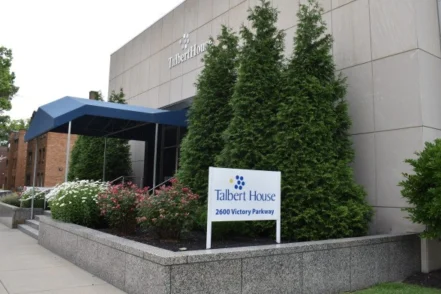 Ohio
OhioTalbert House Cincinnati
2600 Victory Parkway Cincinnati, Ohio 45206
-
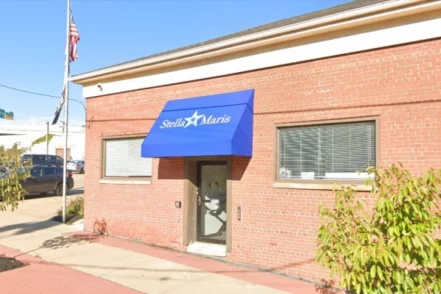 Ohio
OhioStella Maris
1320 Washington Avenue Cleveland, Ohio 44113
-
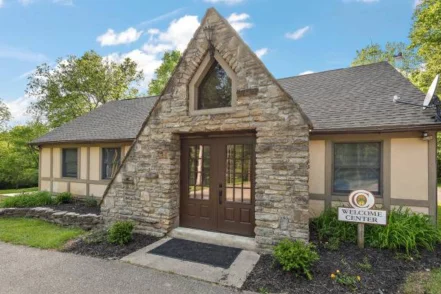 Ohio
OhioCedar Oaks Wellness Center
5778 State Route 350 Oregonia, Ohio 45054
-
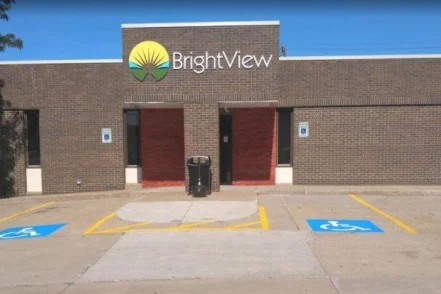 Ohio
OhioBrightview Akron Addiction Treatment Center
999 N Main St Akron, Ohio 45212
-
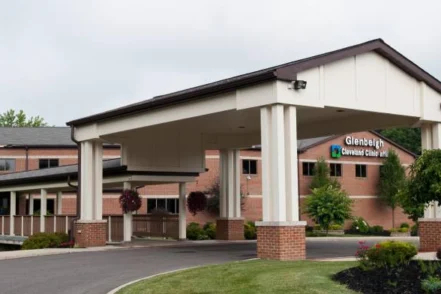 Ohio
OhioGlenbeigh Hospital Rock Creek
2863 State Route 45 Rock Creek, Ohio 44085
-
 Ohio
OhioBrightView Cincinnati Addiction Treatment Center
446 Morgan Street Cincinnati, Ohio 45206
-
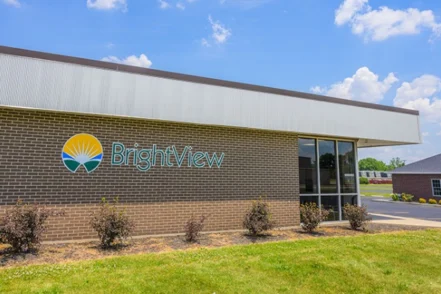 Ohio
OhioBrightview Springfield Addiction Treatment Center
201 N Yellow Springs Street Springfield, Ohio 45504
-
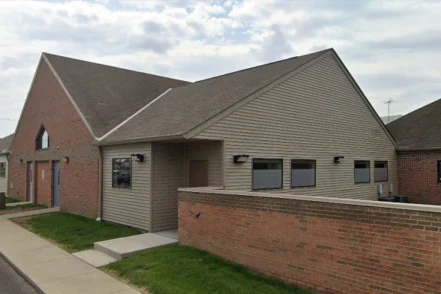 Ohio
OhioMaryhaven Columbus
1791 Alum Creek Drive Columbus, Ohio 43207
-
 Ohio
OhioThe Ridge Ohio
25 Whitney Drive, Suite 120 Milford, Ohio 45150
-
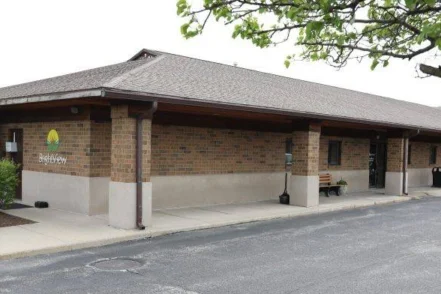 Ohio
OhioBrightview Toledo Addiction Treatment Center
1655 Holland Road, Suite F Maumee, Ohio 43537